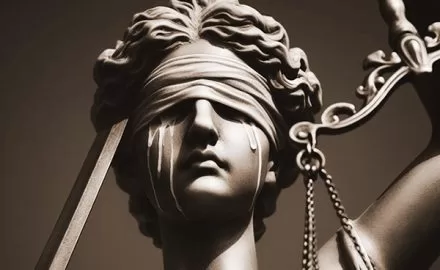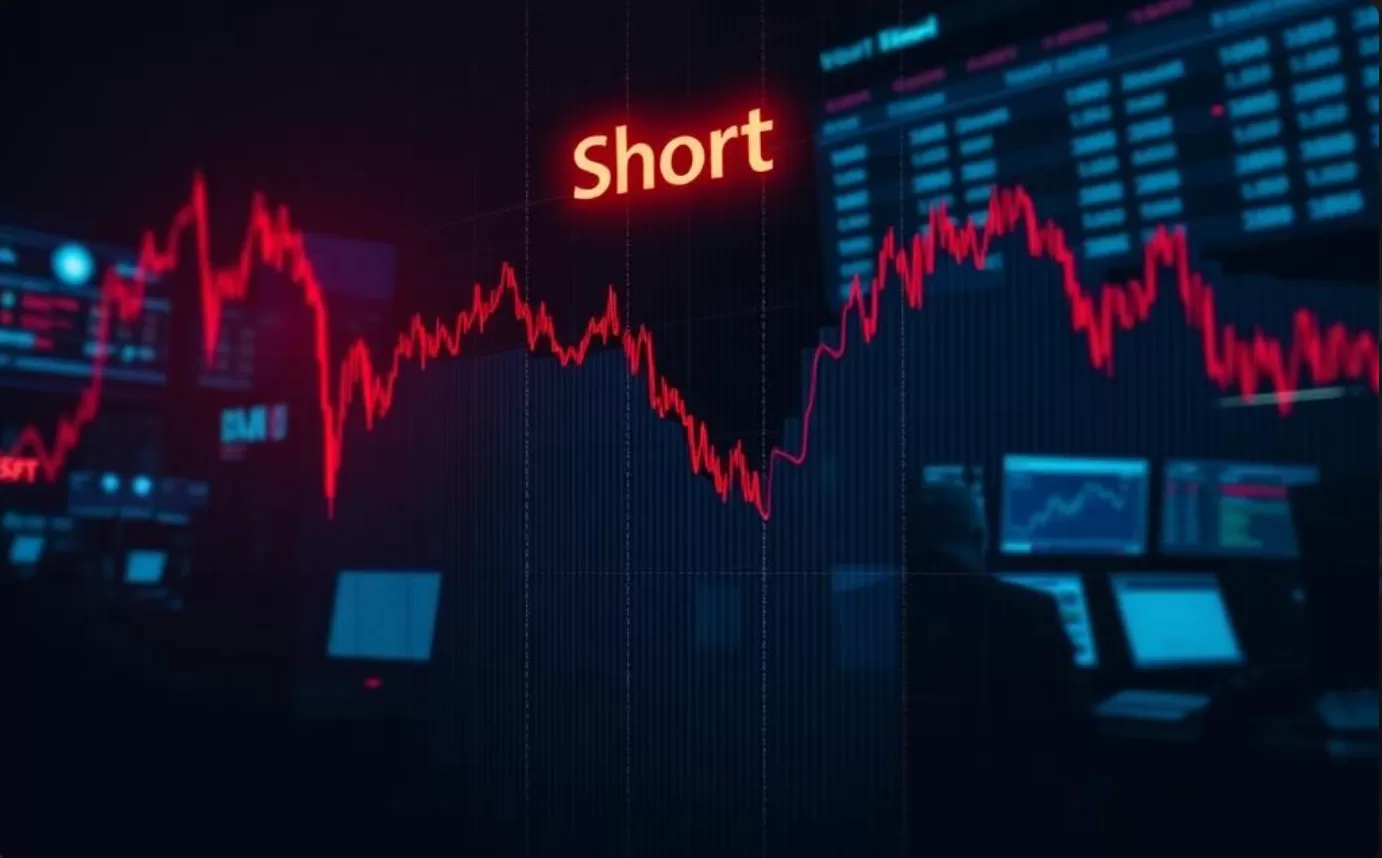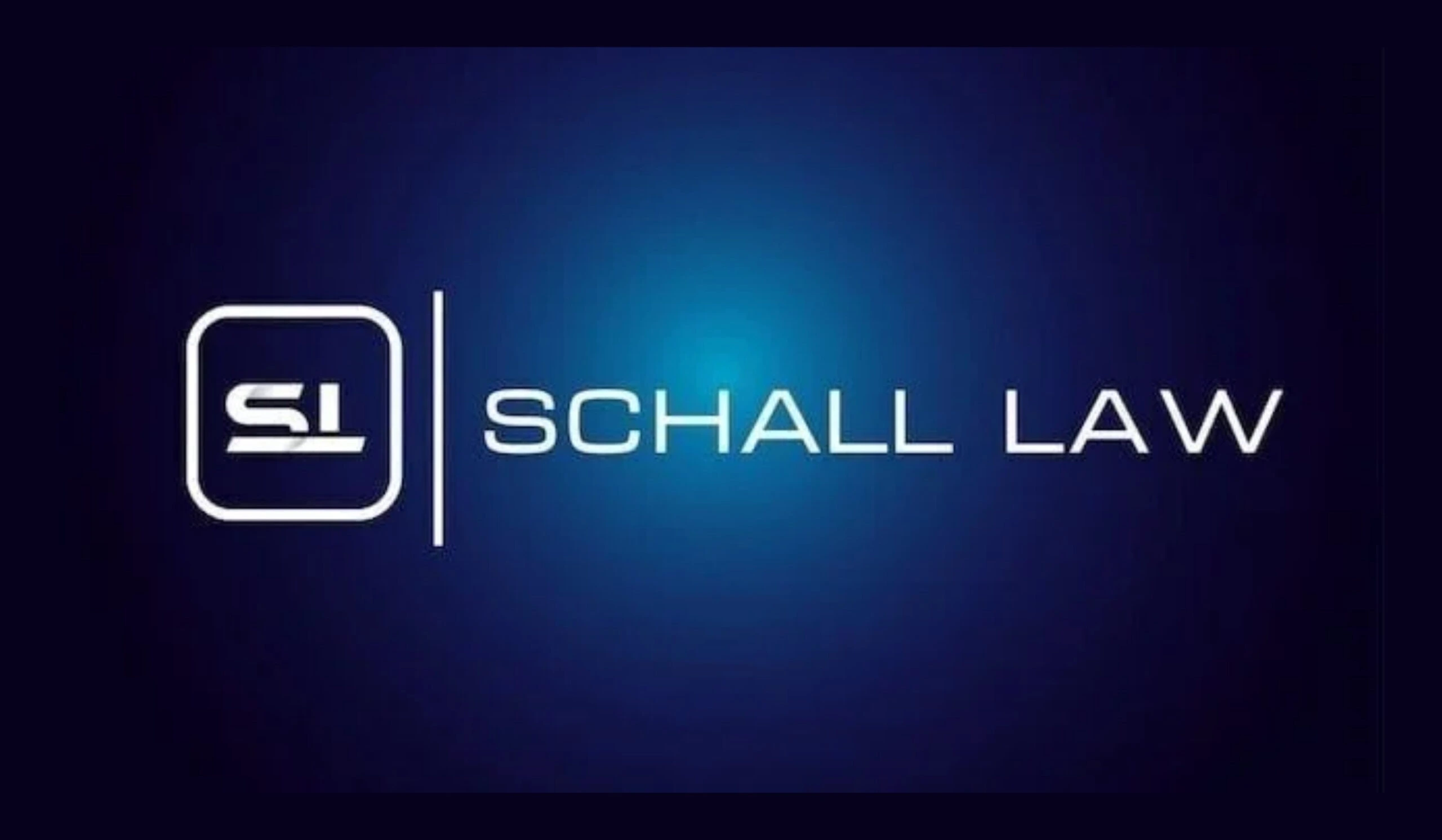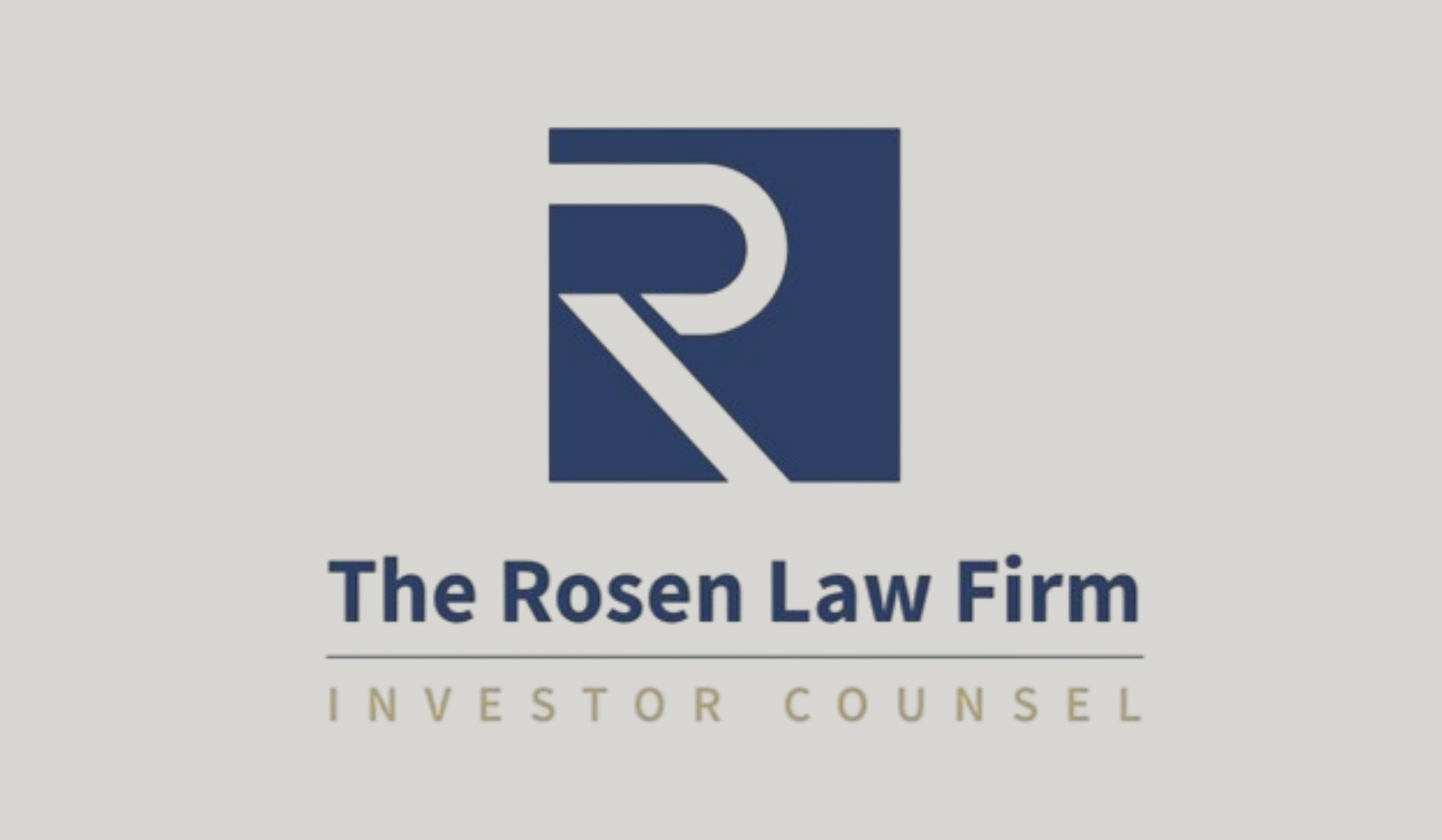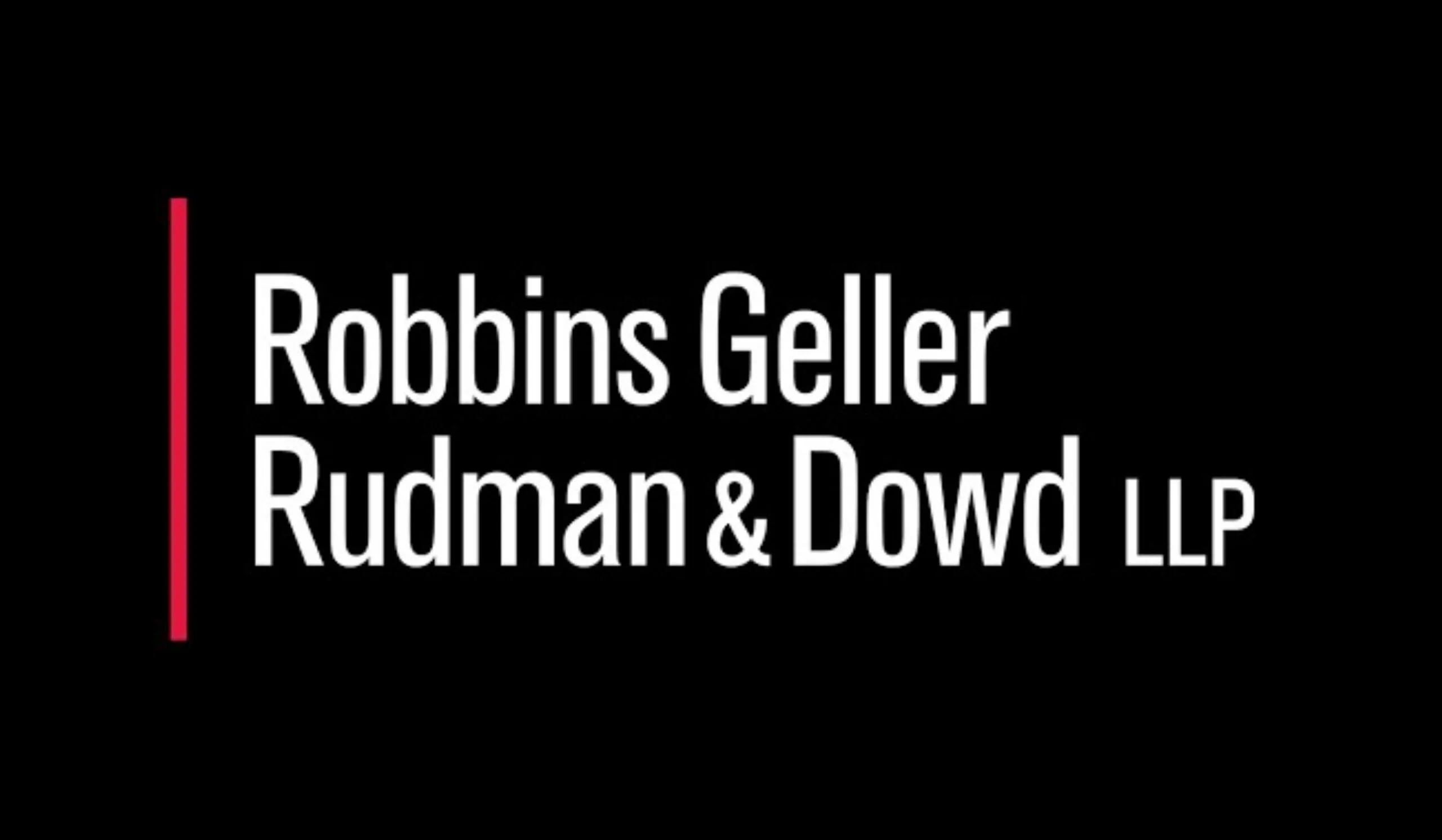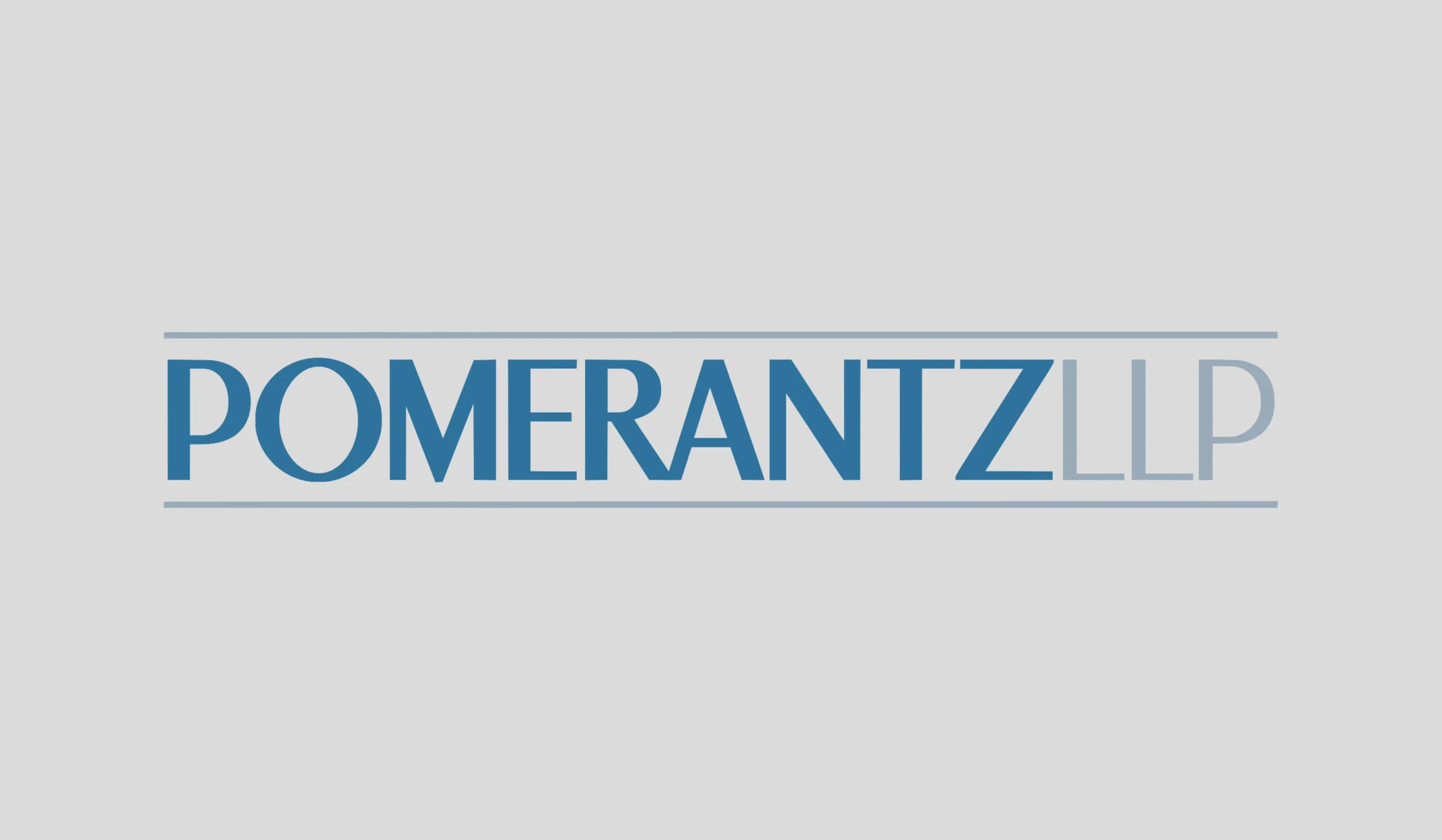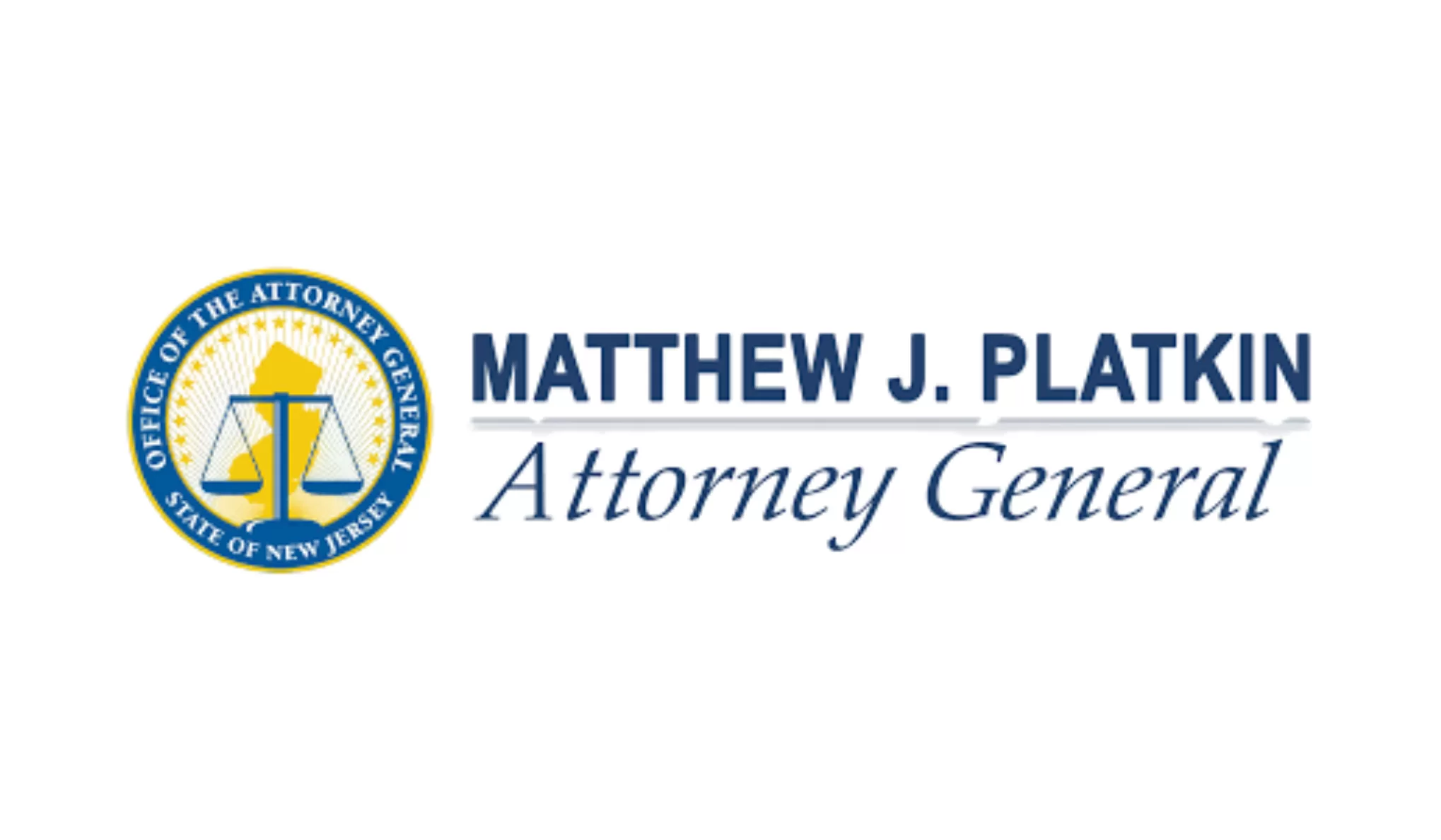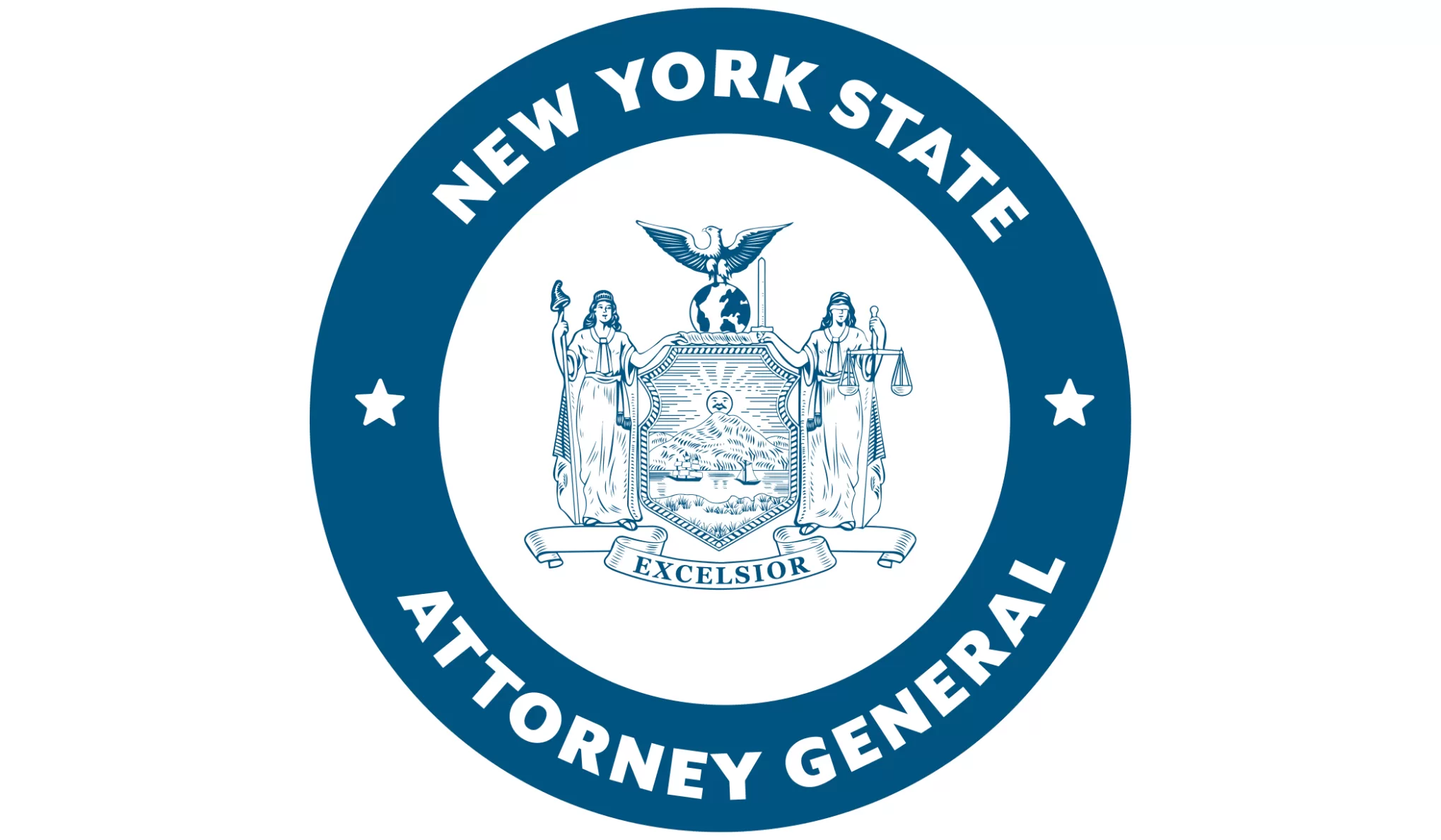Ensuring Accountability in Pursuit of Justice Means No Immunity
By Ron Lee
Investigative Journalist
In the intricate dance of the legal system, prosecutors play a pivotal role, entrusted with the solemn duty of upholding justice. However, the acknowledgment that prosecutors, like any human beings, are susceptible to corruption and flaws prompts a critical examination of prosecutorial immunity. This legal doctrine, intended to shield prosecutors from personal liability, faces scrutiny due to instances where intentional actions, such as the withholding of exculpatory evidence and the under-charging of guilty parties, have led to wrongful convictions and harm to crime victims.
Prosecutorial immunity, designed to protect prosecutors from civil lawsuits for actions taken within the scope of their duties, has long been a cornerstone of the legal system. Yet, the potential for abuse, particularly in cases where prosecutors intentionally under-charge guilty parties to secure quick convictions, raises questions about the continued appropriateness of this doctrine.
This intentional under-charging of a guilty party is a practice that ultimately harms crime victims and distorts what society sees as justice. This practice should not be shielded by prosecutorial immunity. Crimes involving victims deserve the full weight of justice, and deliberately downplaying the severity of an offense undermines the very essence of the legal system.
Reform in prosecutorial immunity should extend to address cases where intentional under-charging occurs. Holding prosecutors accountable for such misconduct ensures that justice is served not only for those accused but also for the victims affected by the crimes. A crime’s classification should accurately reflect its nature, especially when victims are involved, and intentional manipulation of charges compromises the integrity of the legal process.
To strike a balance between protecting prosecutors in the legitimate discharge of their duties and preventing abuses of power, the legal system must establish clearer boundaries for prosecutorial immunity. Robust oversight mechanisms, accountability measures, and, where applicable, independent prosecutorial review boards can play a crucial role in ensuring that intentional misconduct, whether in the form of evidence suppression or under-charging, does not go unchecked.
The overuse of the widely accepted plea deal – extortion – with instances of over-charging then dangling the carrot of significantly lessened charges for a quick conversion to a guilty plea, has eroded faith in our system of justice. No longer are the truly guilty facing punishment for their crimes. Consequently, crime victims and their families are made to face the inequity between what actually happened to them, and what the perpetrator eventually pleaded to having committed. With these instances of intentional under-charging to get a win, corrupt practices of evidence suppression to convict the innocent, and the overall industrialization of our system of justice, reforms that prioritize accountability, transparency, and the fundamental principle that justice must be blind to the roles individuals play within the legal system are essential.
Finding the right balance of prosecutorial protection is crucial to upholding the integrity of the legal system and ensuring justice for both the accused and the victims of crime.

